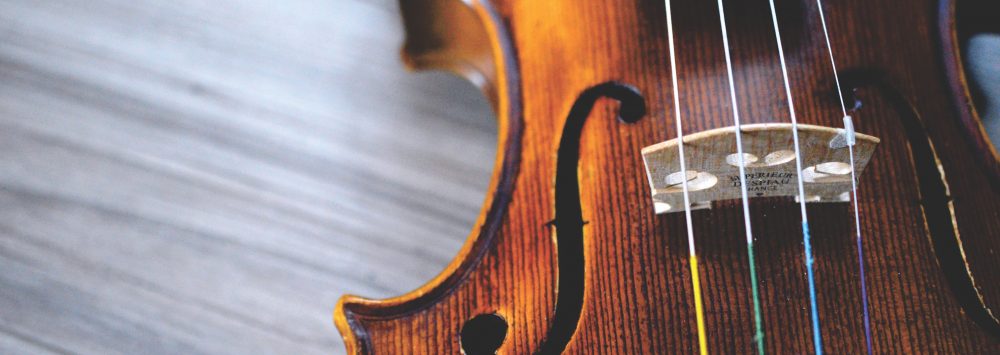By Grant Brecheisen
This story is part of our blog series called “Stories from the OCD Community.” Stories from the community are submitted and edited by Toni Palombi. If you are interested in sharing your story you can view submission details at www.iocdf.org/ocd-stories.
I was diagnosed with obsessive compulsive disorder (OCD) at age 20. I first sought treatment in March 2017 because I was not functioning while in college due to the extreme compulsions that my OCD controlled.
OCD has negatively impacted many aspects of my life including my relationship with music. As I write this, my Apple music app is on shuffle on a playlist that I initially created for driving. Despite enjoying listening to music while I drive, the playlist quickly became the most frequent form of exposure therapy of my life.
I love the feel of music. It evokes memories and emotions. Some songs take me back to certain experiences: the moment I found out I got into college or asking someone out. I even get goosebumps listening to music. Wait. That’s my OCD in action, right? Well, yes.
Over time, I discovered that music fuels my OCD. It is fueled by certain moments in songs, certain riffs, certain chords. How does that manifest into a compulsion? Through constantly changing the songs. I experience the pressure to change the music to the right song at the right time. Thoughts intrude into the melodies compelling me to change the tune. Before I know it, I’ve changed the song twelve times.
Another compulsion is: I randomly shuffle all the songs until it gets to a certain song instead of just selecting that song to play in the first place. While I can easily scroll down and select any song, it doesn’t feel right; I will only experience the goosebumps if the song randomly plays via shuffle. For example, let’s say I start the playlist on shuffle mode, but I have already decided what song I want to listen to – I shuffle repeatedly until I finally reach that song. However, once it finally plays, it feels good only momentarily; my OCD wants me to land on the song over and over again. In this way, the OCD is being fed.
To me, feeding my OCD is like fueling a car. A car needs gasoline in order to run. In the same way, OCD needs me to land on that song in order to “run” and move on from my obsessive thoughts. It is a painful cycle.
While OCD will stay with me for the rest of my life, the pain of OCD can be lessened if I challenge the OCD and fight the pain.
So, how do I challenge this situation? I turn the situation into an exposure (as part of exposure therapy). I press shuffle on the playlist and then put my phone down on the center console and don’t touch it until I reach my destination. I allow the songs to randomly play; this requires me to tolerate the uncertainty of the random selections of the songs. I say “no” to OCD. It’s hard, but you get the hang of it.
OCD will try to get its hands on the smallest things in life, like playing music in your car. Don’t let it. You must say no; you must fight. You will survive. I have survived because I am strong, and I have learnt to challenge my OCD at every opportunity. You can too.
Grant Brecheisen attends Florida State University and is a theatre major. He continues to receive OCD treatment at NeuroBehavioral Institute in Weston, FL, where he was born and raised.


This is a great post! OCD intercepted my love of music, so I found this post very relatable. You can always fight back with ERP! 🙂
There is a disorder like this.
Brainworm/Earworm/Stuck Song Syndrom
Or Involuntary Musical Imagery. But i think it is differen.
There is a disorder like this symptoms.
Brainworm/ Earworm/Stuck Song Syndrome or
Involuntary Musical Imagery. But this symptoms quite different.
This is true. There are so many aspects and personal experiences that dictate an individual’s experience with OCD. I denied I had if for a long time. I played it off as something everyone does. Most people do have “rituals” or “patterns”. When it becomes a fuel for survival is when the lines get blurred.